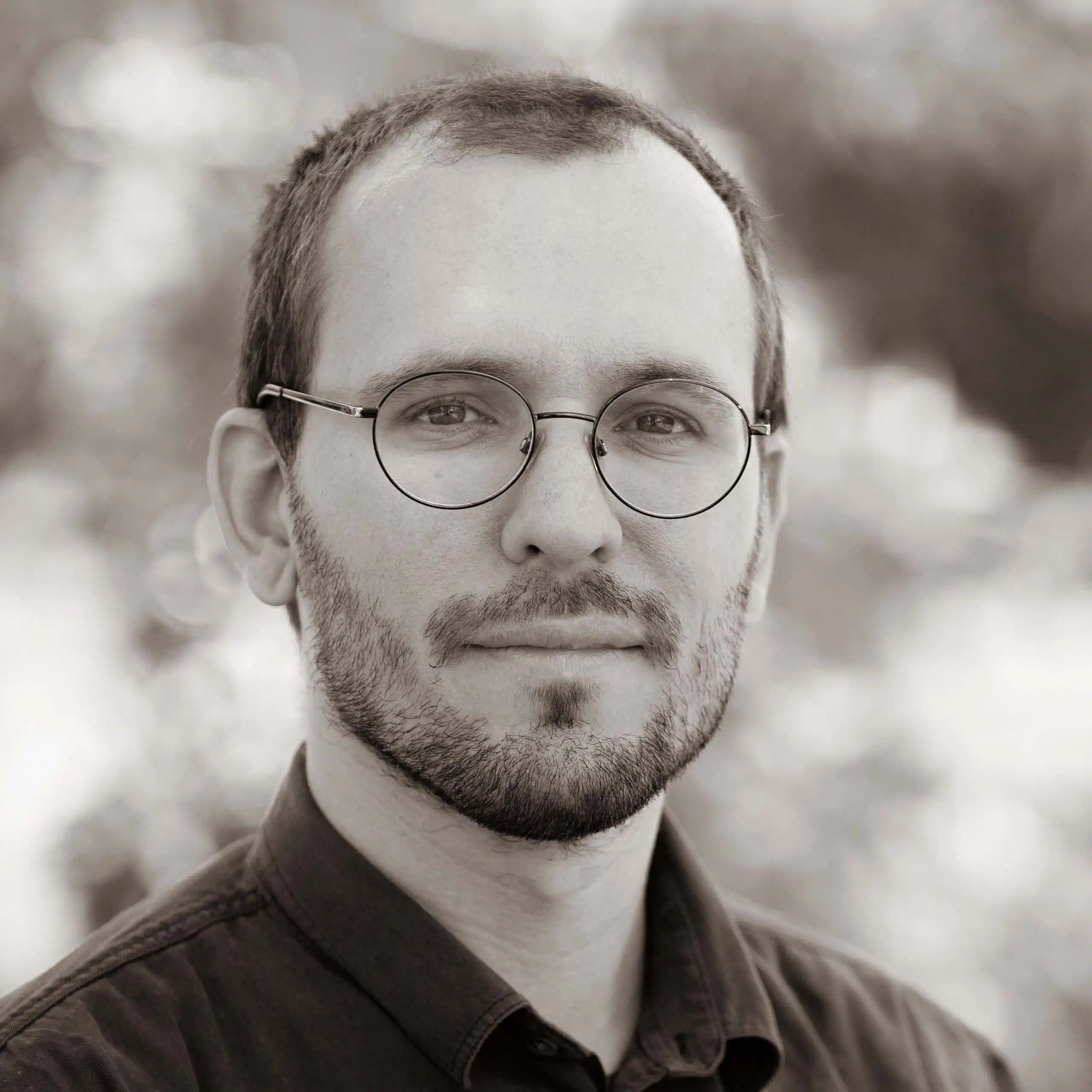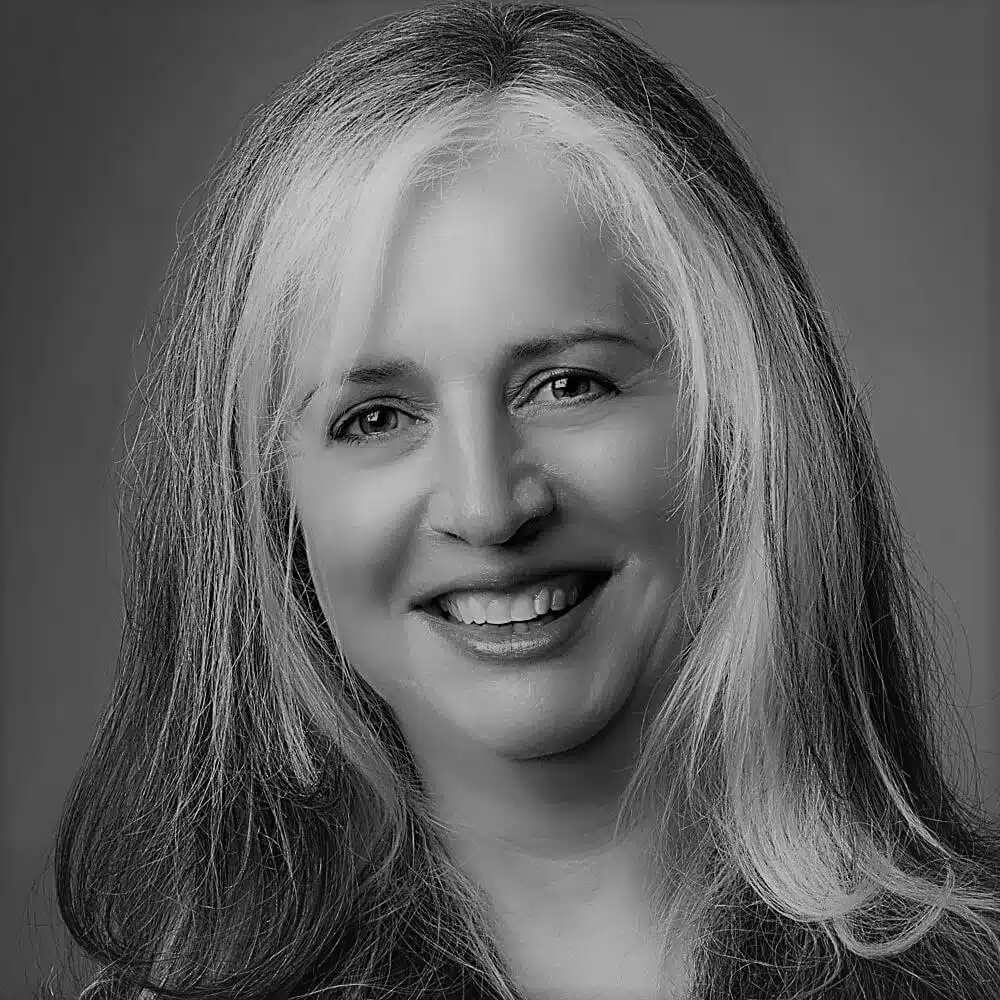What is a Therapist?
The title ‘therapist’ is a broad term covering a wide range of mental health professionals including psychologists, counsellors, psychotherapists, and social workers. Therapists can help individuals with emotional, psychological, and behavioural problems by providing a safe and confidential space for individuals to discuss their unique problems. Therapists then use talk-therapy to help individuals understand themselves, manage stress, navigate difficulties in relationships, and develop specific strategies to address mental health issues or neurobiological conditions.
In Australia, therapist is not a legally regulated term which means that a person may call themselves a ‘therapist’ and work as a ‘therapist’ without any qualifications, training or experience. However, at Dynamic Psychotherapy, all of our therapists are required to have a minimum of registration with Psychotherapy and Counselling Federation of Australia (PACFA) and to be at least undertaking a three-year sequence in advanced psychotherapy training and skills.
What is a Psychologist?
A Psychologist is a professional who has completed a five- or six-year sequence of university studies and who uses evidence-based techniques and strategies to help individuals. That help can be across a wide range of areas from targeting emotional distress, organisational and workplace issues, sports and other performance psychology, forensic psychology or community psychology. A Psychologist meets the requirements for registration with the Australian Health Practitioner Regulation Agency (AHPRA).
At Dynamic Psychotherapy, our Psychologists are all trained to provide help for psychological distress including targeting emotions, thoughts and behaviours that are interfering with happiness, well-being, and relationships. They work with people of various ages and backgrounds, addressing a wide range of issues from depression and anxiety, to eating disorders, relationships problems, OCD, sports and performance-related issues, anger management, and a wide range of trauma including attachment trauma, trauma in emergency service personnel, attachment, and domestic violence. Most of our Psychologists undertake extensive training additional to their university degrees.
What is a Clinical Psychologist?
A Clinical Psychologist is a Psychologist with additional specialist training having completed a two-year Clinical Psychology Registrar Program in addition to a six- or seven-year sequence of studies to obtain at least a Master of Clinical Psychology. They have registration with registration with the Australian Health Practitioner Regulation Agency (AHPRA) with the endorsement of “Clinical Psychologist”.
Clinical Psychologists undergo extensive education and training to assess, diagnose, and treat a wide range of mental health conditions. Clinical psychologists work with the same range of issues as Psychologists but have additional training in mental health issues and disorders, and therefore often work with individuals with more complex psychological conditions. As with our Psychologists, at Dynamic Psychotherapy our Clinical Psychologists have all undertaken or are undertaking extensive additional training in addition to their initial eight- or nine-years of training.
What is a Clinical Psychology Registrar?
A Clinical Psychology Registrar has completed the same six- or seven-year sequence of university studies as a Clinical Psychologist but is still undertaking the additional two years of specialist training needed for the title of “Clinical” Psychologist. Thus they are highly trained in diagnosing and providing help with a range of emotional and mental health issues but are still in the process of completing their two-year program to become a ”Clinical Psychologist”.
What is a Psychotherapist?
Psychotherapist is a term that can be used interchangeably with therapist and is not a legally regulated term in Australia. The title Psychotherapist tends to suggest that the professional has a particular interest in understanding and helping with relationship dynamics, however, as it is not regulated, it may be used even by a lay person with no training and in a variety of settings.
As with the term ‘therapist’, at Dynamic Psychotherapy our psychotherapists must have completed training that entitles them for registration with the Psychotherapy and Counselling Federation of Australia (PACFA) and to be undertaking additional advanced training in psychotherapy including ISTDP.
What is a Counsellor?
“Counsellor” is another non-regulated title that can be used by even a lay person without training. At Dynamic Psychotherapy our Counsellors must have specific training in helping emotional issues to work with individuals in bringing about personal, emotional, and behavioural changes. Our Counsellors provide a supportive and confidential space for people to talk about their concerns, feelings, and experiences. They use active listening and empathetic communication to help clients gain insight into their issues and explore potential solutions. Counsellors may assist with a variety of issues such as depression, anxiety, relationship problems, stress, grief, or self-esteem issues. They work collaboratively with clients to facilitate positive changes in their lives.
All of our Counsellors are undertaking extensive psychotherapy training in addition to the initial training that resulted in eligibility for registration with the Psychotherapy and Counselling Federation of Australia (PACFA).
What is a Social Worker?
A social worker is a professional who has completed at least a four-year sequence of university studies and helps individuals and families navigate various challenges, working towards enhancing people’s well-being by addressing social, emotional, and practical issues. They often work with individuals and families facing difficult circumstances such as poverty, mental health issues, family problems, or other social challenges. Social workers provide support, advocacy, and resources to empower individuals within their family system and communities. They may assist in connecting people with services, guiding them through difficult life transitions, and helping them access the support they need. In essence, social workers in Australia play a crucial role in improving the social and emotional aspects of people’s lives by offering practical assistance and emotional support.
Some social workers have undertaken specific training in psychotherapy skills to provide targeted interventions for individuals, couples, or families experience emotional distress and will work with issues similar to the issues that Psychologists work with.
FAQs
1. What is the difference between a Psychologist and a Clinical Psychologist In Australia?
Clinical psychologists have more extensive training than Psychologists including specialist training in diagnosing and treating severe psychological conditions.
2. What is the difference between a Psychologist and a Therapist In Australia?
Unlike the term “Psychologist”, “Therapist” is not a legally regulated term in Australia. A Therapist may have undertaken taken training in counselling and psychotherapy or may be a layperson who has established themselves a a helping professional. A Psychologist must have specific training university training and meet the requirements for registration with the Australian Health Practitioner Regulation Agency (AHPRA).
3. What is the difference between a Psychologist and a Psychotherapist In Australia?
Psychologists use specific knowledge about the mental processes and behaviours, in addition to psychotherapy training and skills, to assist individuals. Psychotherapists are not required to have the extensive training of a Psychologist and may, or may not have, undertaken specific training. It is important to establish the training, expertise, and credentials of a Psychotherapist to ensure that you are seeing someone with appropriate training and experience.
4. What is the difference between a Psychologist and a Counsellor In Australia?
As with the difference between Psychologist and Psychotherapist, Counsellor is an unregulated term and does not require training or skills, whereas a Psychologist will have extensive university training and experience just to meet the legal requirements to carry that title. Both may have undertaken training in counselling and psychotherapy and it can be important to establish credentials.
5. What is the difference between a Counsellor and a Social Worker In Australia?
Traditionally, Counsellors offer support and guidance for personal challenges through talk-therapy, while social workers focus on broader social issues, providing assistance and resources to individuals and communities. However, both Counsellors and Social Workers may have undertaken training in providing help for emotional difficulties and it is important to enquire about the specific training in helping with mental health issues, that a Counsellor or Social Worker has undertaken.
Conclusion
There are a variety of different types of therapist in Australia, each of which serve different needs at different price points. At Dynamic Psychotherapy, we have a range of therapists – psychologists, clinical psychologist, social workers, counsellors and psychotherapists – ready to help you achieve change.
Our Psychologists and Therapists
Here at Dynamic Psychotherapy, we have a professional, caring team of Clinical Psychologists, Psychologists, Counsellors and Therapists ready to help you.

Chris Bolton
Clinical Psychologist

Julie Cochrane
Clinical Psychologist

Moulya Ramesh Kumar
Clinical Psychologist
Click the button below to view all of our team.
Request an Appointment
Ready to book now? Use our secure Intake form, and we will get back to you within one business day.

